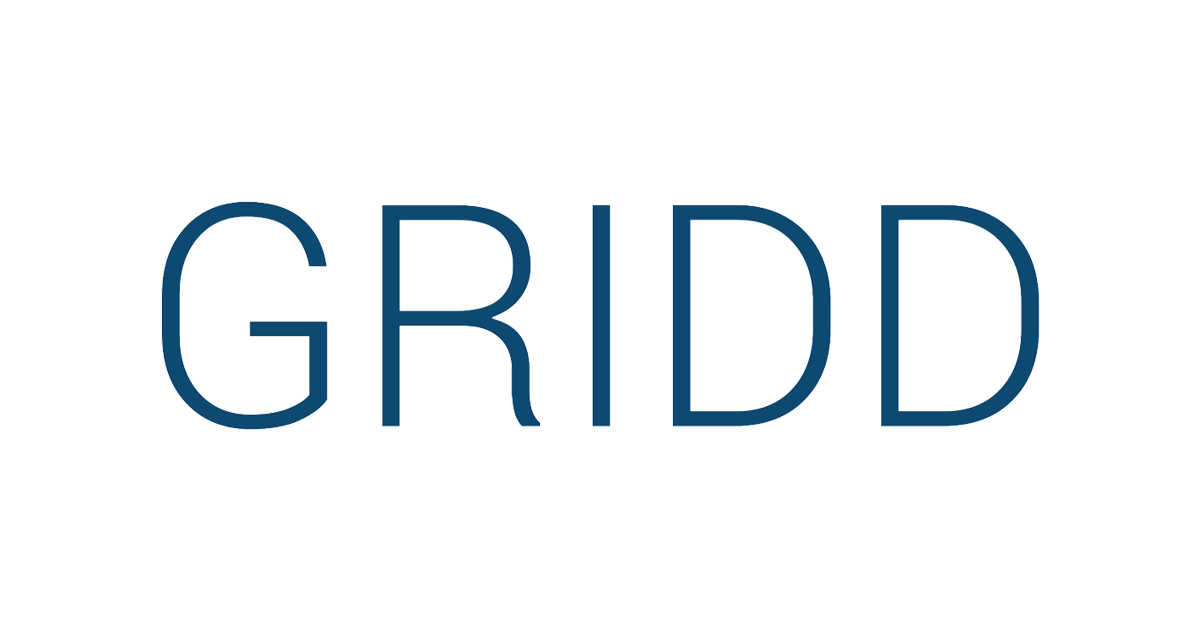Towards value-driven asset management through dynamic information management
Abstract
Efficient asset management in the built environment, particularly for dynamic institutional built assets such as hospitals and universities, presents ongoing challenges. These assets are constantly evolving, generating vast reservoirs of data. This information is essential for the decision-making processes of asset owners, especially in the public sector, where policymakers and decision-makers seek to optimize value creation. As a result, access to accurate, up-to-date data is essential for informed decision-making, the primary objective being to increase value. Information management (IM) throughout the asset lifecycle has attracted the attention of both academia and the construction industry. Various concepts, principles and technological innovations have been introduced to meet the challenges of information management. However, a gap remains between theory and practical application, requiring corrective strategies to bridge this discrepancy.
The main objective of this research project is to propose solutions for improving information management practices throughout the lifecycle of built institutional assets. This improvement in information management aims to facilitate decision-making among asset owners, which ultimately translates into better value generation. It should be noted that this study is limited to institutional assets built in Quebec, Canada.
Project results
Project contributions
Publications
Publications from this project are available below:
Research team
The project team :
Team
The project team
Partners
This project was supported by :
Similar research
Explore our research in more depth by exploring these related studies and resources:


